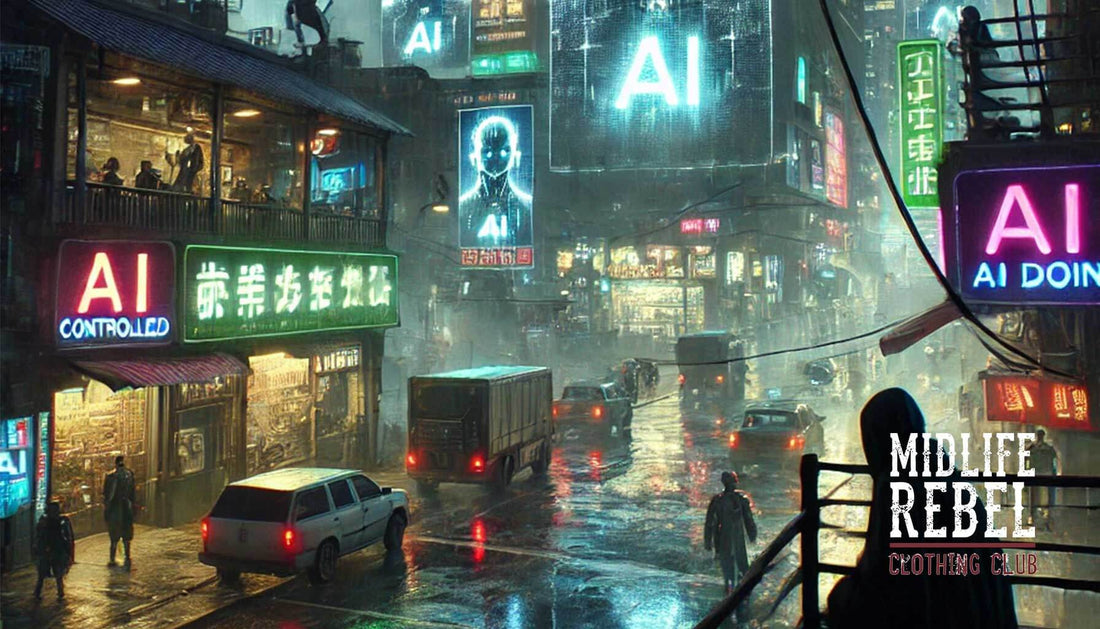
The AI Apocalypse? History Says Otherwise...
Share Article
Another day, another doomsday prediction. AI is coming for our jobs they say. AI will trigger economic collapse. Musk and Trump are already prepping their bunkers while the rest of us brace for impact. Sound familiar? It should—because every major technological shift has been met with the same panic.
- In 1825, people thought trains would rip passengers apart or make women’s uteruses fly out at high speeds.
- Early electricity critics claimed predators would now have the advantage of well-lit homes to attack women and children.
- The telephone was feared as a tool of mass surveillance (okay, maybe they had a point there).
- Radio? It would dumb us all down.
- Television? The end of books and meaningful conversation.
- VHS? Hollywood swore it would murder the film industry.
I am seeing this more and more. Every technological leap has been met with mass hysteria, yet here we are, still standing.
Will AI Wipe Out Jobs?
Yeah, AI will replace some jobs—just like machines replaced factory workers, just like computers replaced typewriters, and just like the internet killed off a few industries but birthed countless others. Adaptation is the real pattern of history, not collapse.
The real question is: How will society respond?
Governments will scramble to regulate it (probably too late, as usual). Companies will lean into it, figuring out how to use AI without losing all their customers in the process. And people? Some will resist, some will adapt, and some will figure out how to ride the wave before it crashes.
The Future: Apocalypse or Evolution?
AI isn’t some Lovecraftian horror lurking in the shadows, waiting to devour humanity (unless we’re talking about customer service bots, in which case, maybe). It’s another tool—one that, like all before it, will shake things up.
Are we marching toward collapse, or are we just witnessing another cycle of overblown tech paranoia?






